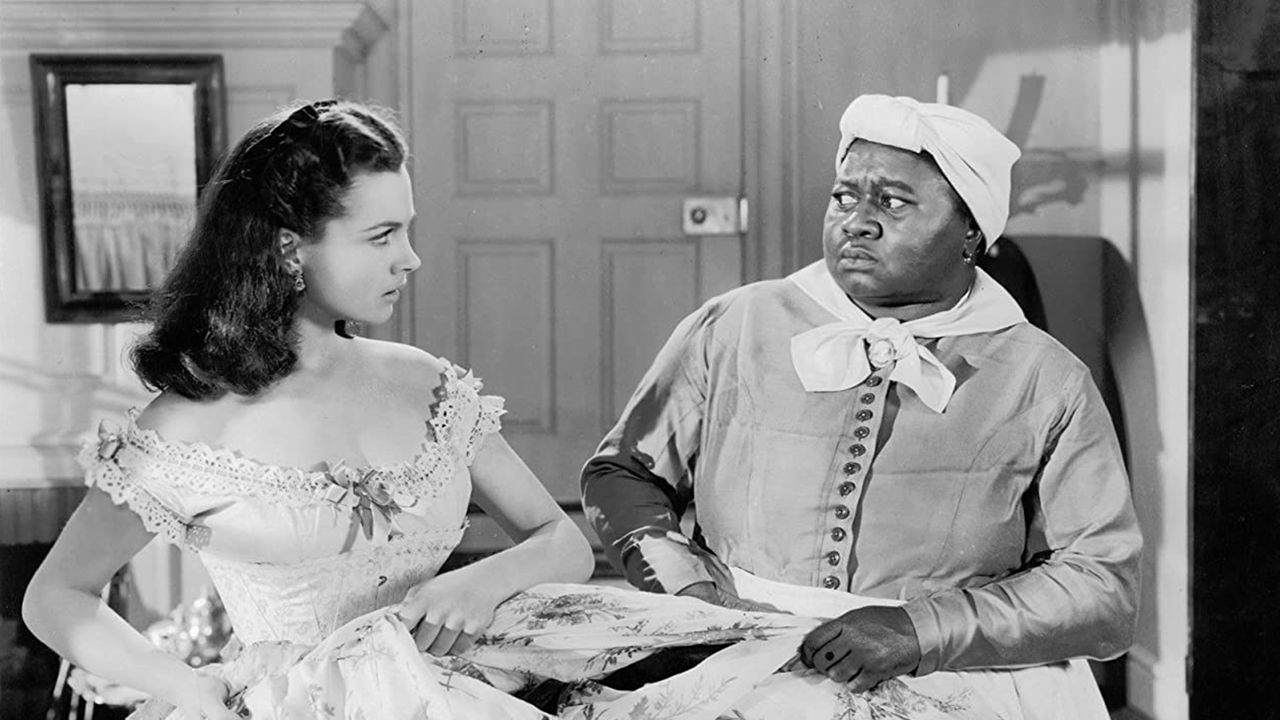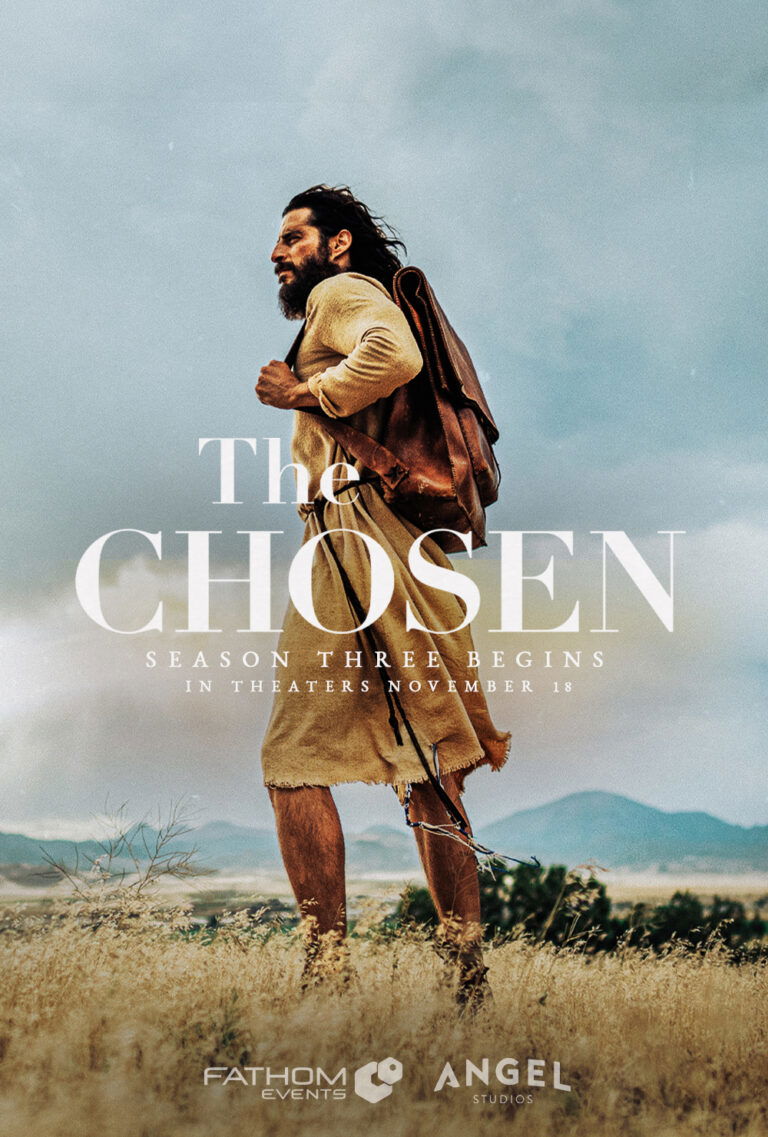
Why TCM Is Re-Examining Movies Like GONE WITH THE WIND
By Movieguide® Staff
Turner Classic Movies will be re-examining classic movies like GONE WITH THE WIND in order to explain their history and context in a new series REFRAMED: CLASSICS IN THE REARVIEW MIRROR.
While many people in society have advocated cancelling movies with potentially offensive elements, TCM thought it was better to explore why these famous movies are instrumental in cinema history.
According to the TCM site,
Many of the beloved classics that we enjoy on TCM have stood the test of time in several ways, nevertheless when viewed by contemporary standards, certain aspects of these films can be troubling and problematic. This month, we are looking at a collection of such movies and we’ll explore their history, consider their cultural context and discuss how these movies can be reframed so that future generations will keep their legacy alive.
“We’re doing this series because we’re in the middle of a nation-wide conversation about race, sexism, sexual orientation and gender,” TCM Host Ben Mankiewicz told Fox News.
Movieguide® encourages critical analysis of all movies to promote media discernment. By considering the important context and history behind a movie, viewers are better able to discern what they consume.
Eliminating these movies from cinema lexicon would prohibit gleaning any knowledge from these classic stories and cave to a revisionist history agenda.
“For more than a hundred years, movies have played a critical role in shaping how we see each other,” Mankiewicz said. “Mostly, the movies have enhanced our understanding of the human condition, but in other cases, they’ve reinforced deeply negative stereotypes that have contributed to an uneven playing field.”
Mankiewicz continued: “As the guardians of these movies, we think it’s critical that they are part of this national conversation because as we move forward, they can play a vital role in helping us grow together.”
TCM writer Kim Luperi said slapping labels on classic movies “does a disservice to cinema and themselves. That mindset keeps them ignorant not only of some excellent movies and groundbreaking innovation but history itself.
“I think people need to remember that movies are a product of their time and they can reflect the society they were made into a variety of degrees – good, bad, politically, culturally, socially,” Luperi continued. “That’s not to excuse racism or sexism; it needs to be recognized and called out as such for us to contend with it today. But it’s important for people who say they don’t like classics for those reasons to understand the historical context. In particular, we need to acknowledge that society has evolved – and what was deemed socially acceptable at times has, too, even if sexism and racism are always wrong – and we are applying a modern lens to these films that come with the benefit of decades worth of activism, growth and education.”
Other movies to be featured on REFRAMED: CLASSICS IN THE REARVIEW MIRROR include the following:
- Rope (1948)
- Seven Brides for Seven Brothers (1954)
- The Four Feathers (1939)
- Woman of the Year (1942)
- Guess Who’s Coming to Dinner (1967)
- Gunga Din (1939)
- Sinbad the Sailor (1947)
- The Searchers (1956)
- Breakfast at Tiffany’s (1961)
- Swing Time (1936)
- Stagecoach (1939)
- Tarzan, the Ape Man (1959)
- The Jazz Singer (1927)
- My Fair Lady (1964)
- The Children’s Hour (1961)
- Psycho (1960)
- Dragon Seed (1944)



 - Content:
- Content: 

